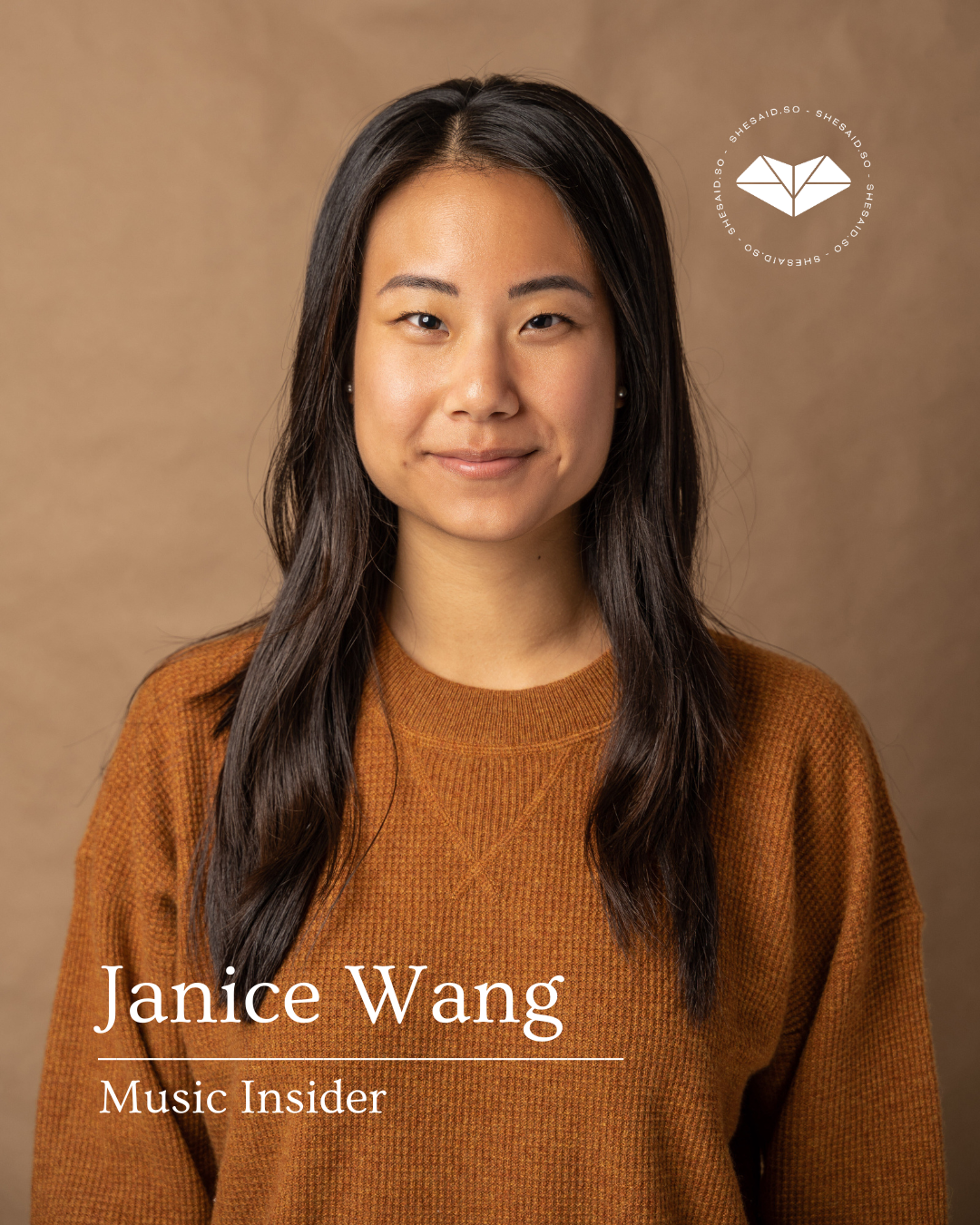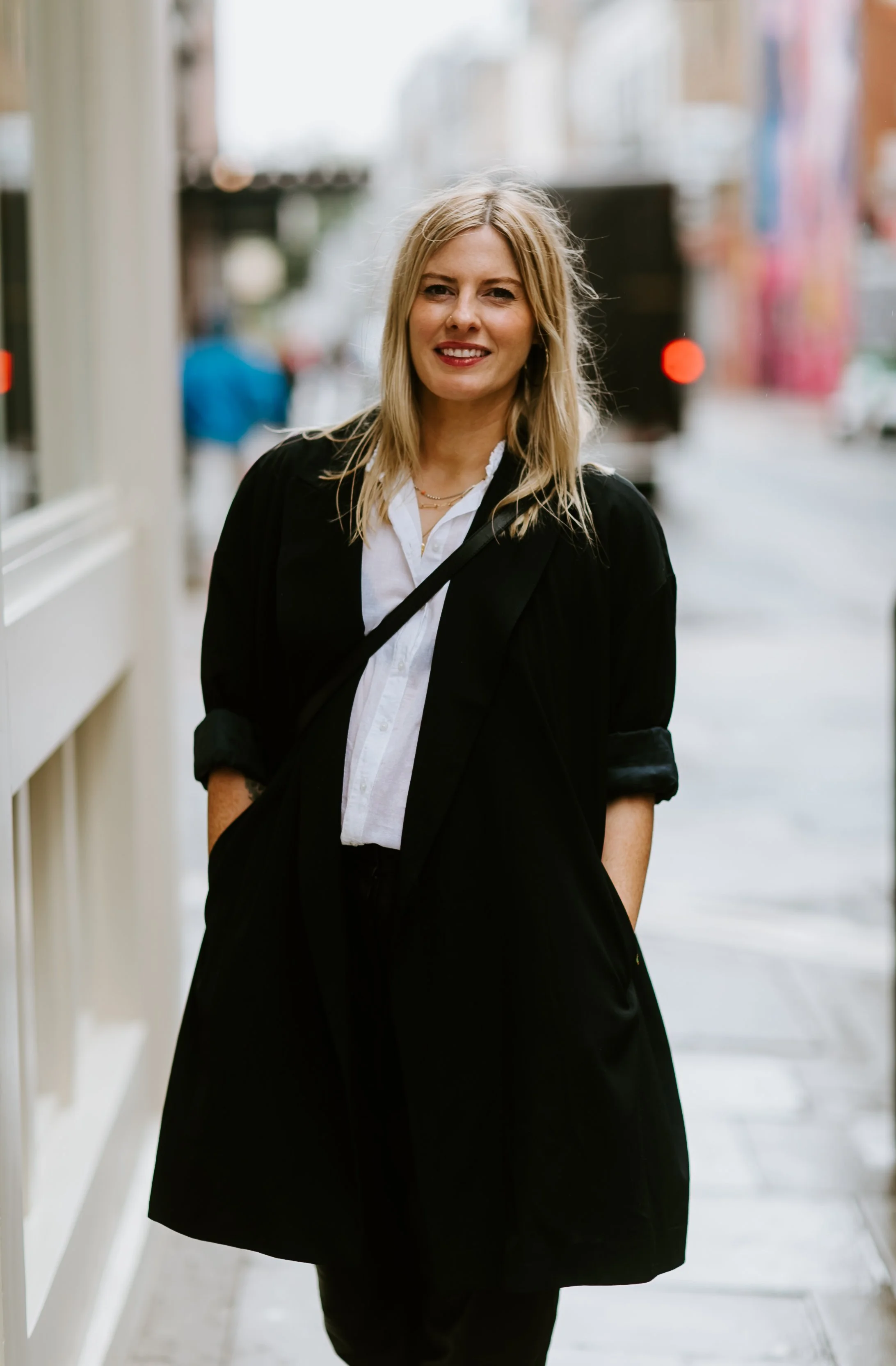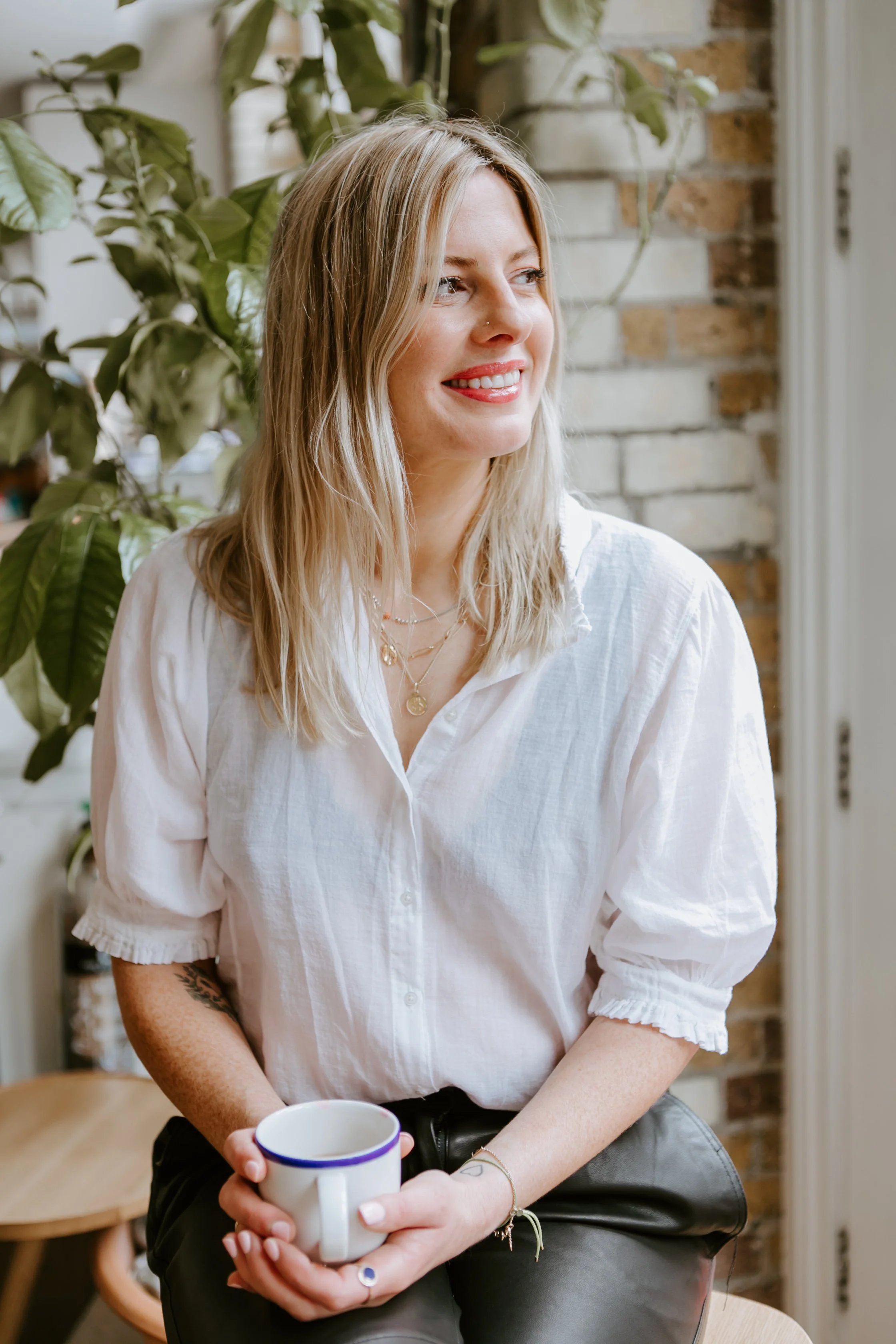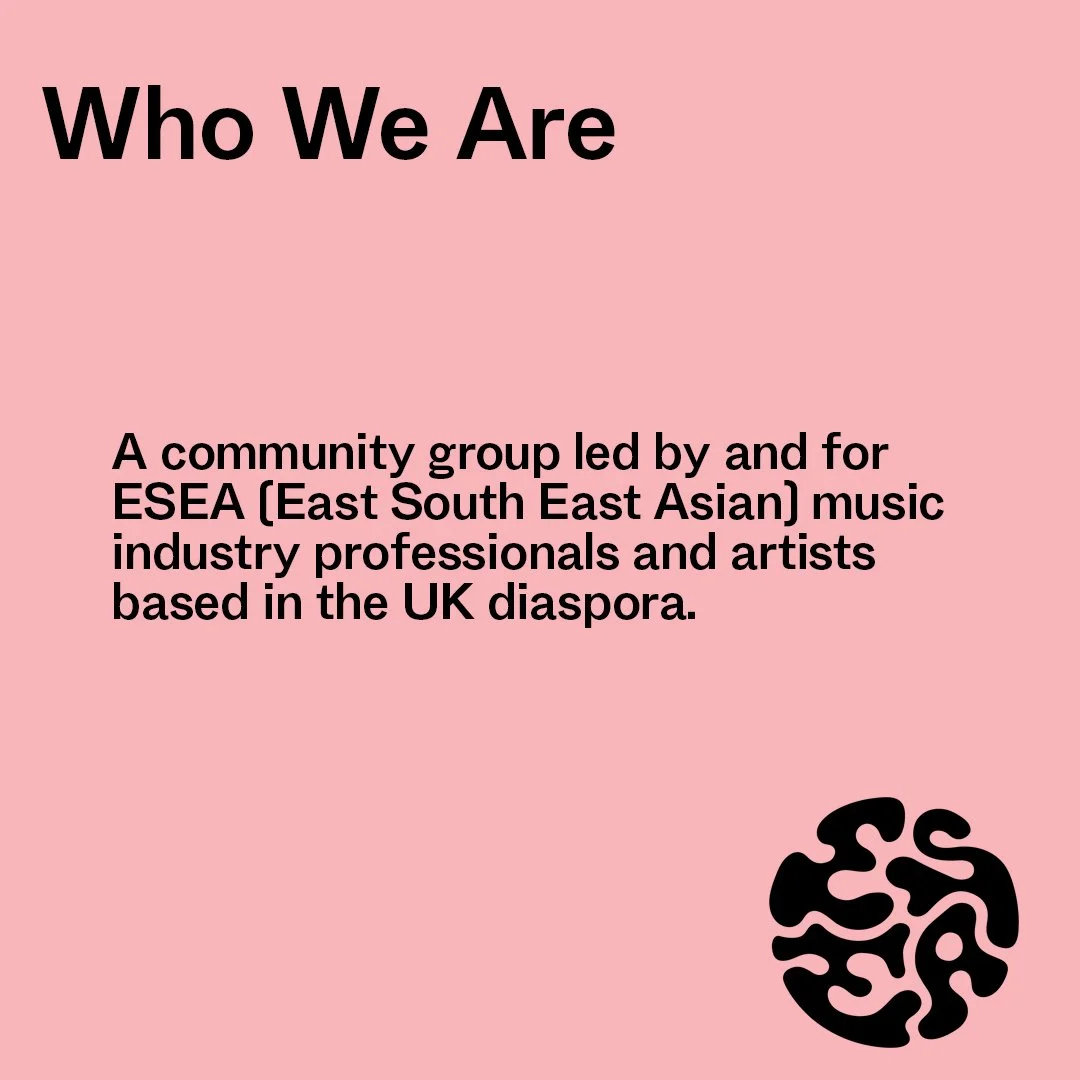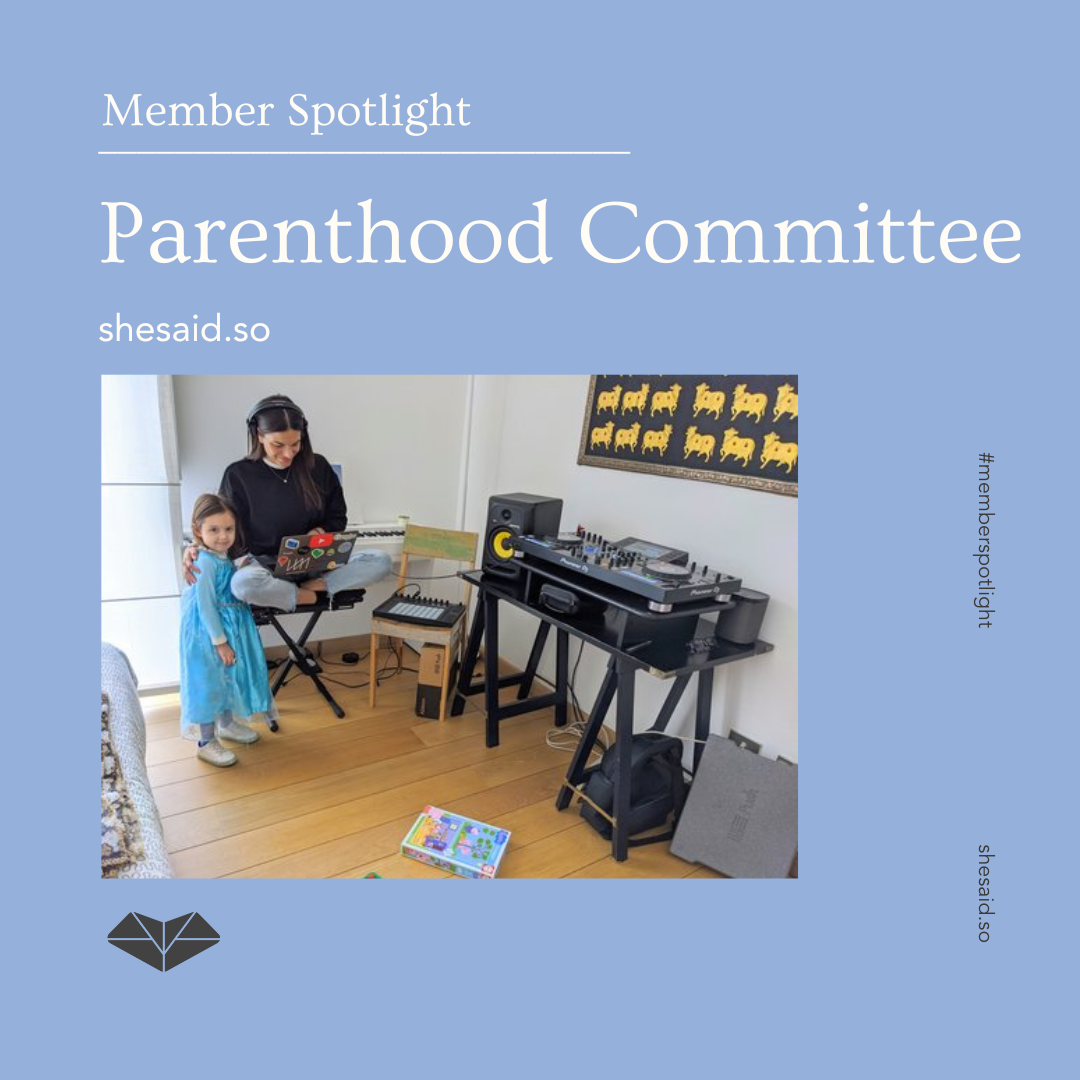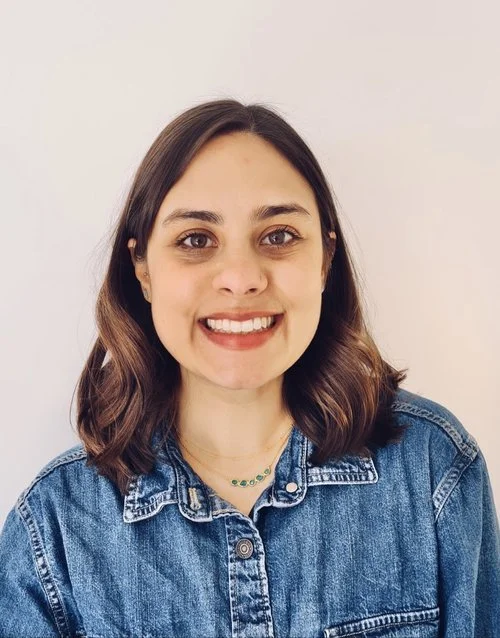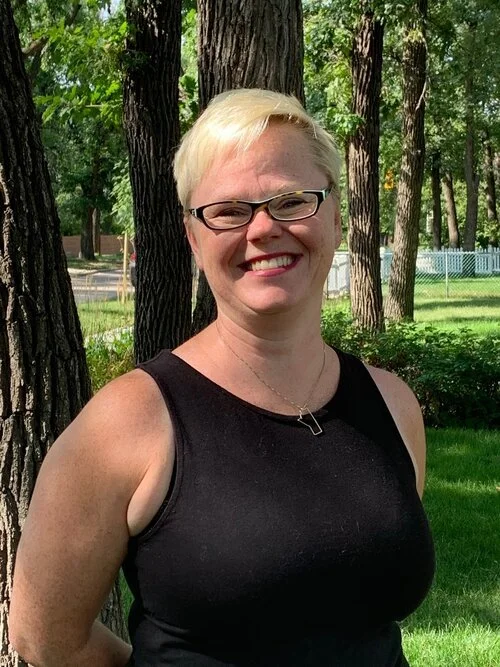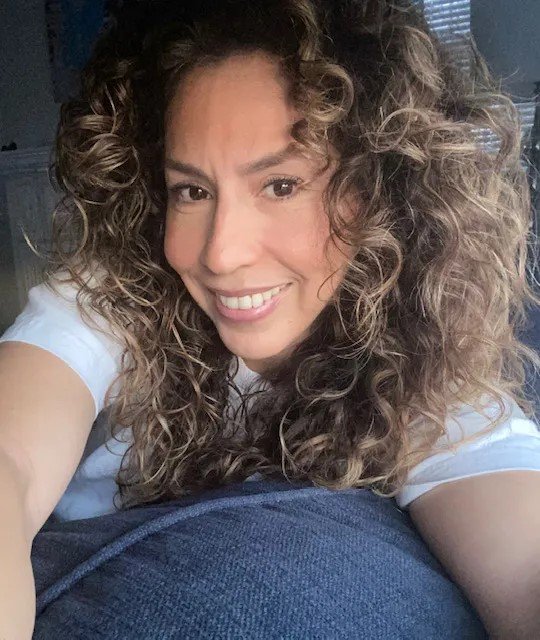Lucki Price is a business-savvy singer-songwriter with a degree in music business and a passion for R&B music. She currently serves as a Global Copyright Coordinator for Sony Music Publishing in Nashville, Tennessee, where she leverages her expertise to protect and manage intellectual property rights. Prior to this role, Lucki gained valuable experience as a Metadata Temp at Capital Music Group.
With an enthusiastic commitment to the music industry, Lucki's long-term goals are both ambitious and inspiring. She aims to establish a writers catalog of groundbreaking songs, own and operate a successful R&B-focused music company in Nashville, and create a pipeline for brown and Black students from MNPS to enter Nashville's music industry.
Recently, Lucki participated in a songwriting workshop hosted by ASCAP. Out of many applicants, nine participants were selected and divided into groups of three, each guided by a mentor. Each group consisted of two songwriters and one producer, working together to create the best song possible and Lucki’s group.
Lucky Price's new single Never Mind, released on February 7th, captures the fleeting excitement of a casual relationship, embracing the fun while acknowledging its inevitable end.
What was it like landing your first role at Capital Music Group? Any tips for finding that first job in music?
Landing my first role at Capitol Music Group was a long but rewarding process. During my spring semester of college, I worked as a Sync agent intern at a small label called The Upstate Sound. In this role, I reached out to at least fifty people per week via emails and cold calling, networked via online and in person seminars and meetings, and managed the company’s sync catalog and operations.
Through this role I was able to obtain various transferable skills like data entry, metadata administration, relationship and catalog management, etc. I also attended seminars that the career office offered so much that a career counselor in my college forwarded my resume to the hiring manager before the job was posted. Once the role was posted, I applied and had an interview a month after. I didn’t actually secure the role until November. So I worked at a call center for about four months until I received my offer letter and began remote training.
For anyone looking to break into the music industry, my biggest advice is to take every opportunity to network—both online and in person. Never underestimate the value of your current skill set. Understand how they align with a company’s needs, and be prepared to articulate that confidently.
Can you share a bit about what you do day-to-day as a Global Copyright Coordinator at Sony? What skills do you use the most?
As a Global Copyright Coordinator at Sony Music Publishing, my day-to-day work revolves around ensuring accurate entry and maintenance of international client and song data across Sony and EMI affiliates. I work closely with registration processes, protocols, and timelines, ensuring that all metadata is up-to-date and correctly documented within our systems.
A significant part of my role involves using Atlassian JIRA to receive, track, and process song deliveries, adding necessary details and commentary for accuracy. I also assist with special projects, including large catalog deliveries, mass data amendments, and high-volume song registrations. The skills I use the most include attention to detail, as accuracy in data entry is crucial, and organization, since I manage large amounts of information across multiple systems. Additionally, problem-solving comes into play when reconciling reports or ensuring that data aligns correctly across international territories.
Can you share the inspiration behind your new single Never Mine (Never Mind)?
Unlike my last single, Pretty Lies, my newest release is not about my high school sweetheart. Never Mine (Never Mind) was inspired by a brief situationship that was bound to end as quickly as it began. A woman's intuition never lies—I knew from the first time we met that he could possibly break my heart, but at least he wouldn’t be a snooze. Despite my initial gut feelings, I started casually dating He Who Shall Not Be Named, and I had the time of my life. I even pondered, for about three seconds, whether he was one of my long-lost soulmates. But as much as we loved each other, the reality remained: in this lifetime, he simply could never be mine. That didn’t mean we couldn’t enjoy the moment and experience a vibe.
At the end of December, I started writing a new song to a track produced by Atlanta-based producer Shaun Marius Moore. Fun fact: I met Shaun in Atlanta after a GrammyU Unwrapped session with Offset, Jrich, Southside, and SheShe. I was determined to network with someone, so I stuck around in my friend’s black platform boots—one size too small for me—waiting for a chance to speak with Jrich. While waiting, I struck up conversations with others in the room, and that’s how I met the primary producer of my favorite record yet!
When I started writing this song, I knew I didn’t want to focus on this particular ex, and I definitely didn’t want to write about heartbreak. I initially wrote just the first verse, the hook, and a pre-hook (which later became the outro). Sometime after, I sang what I had for my mom and Shaun. They both loved it—even more than the two other songs I had been working on before Never Mine (Never Mind). With that feedback, Shaun and I locked in a plan to record, mix, master, and release the song through DistroKid by a set deadline—and we did.
On January 3rd, I went to my engineer, Jackson Baadgley, with my vocal producer, Lwan Easton, and recorded most of the song in just four hours. The next day, I spent five hours in the studio refining the vocal production and delivery. Jackson mixed the track, and Edsel Holden mastered it within a week. Since I was working on a tight schedule, I was also on an even tighter budget—so my friend, Gifted Queen, used a three-year-old picture to create the cover art for me.
What's the music scene like in Nashville right now?
When it comes to music, Nashville is known for its amazing studios, live entertainment, country music, and Fisk Jubilee Singers. From Broadway to Murfreesboro, shows are happening daily. Music Row is vibrant with major and indie labels and publishing companies, PROs, studios, radio stations, and now apartments.
There are a ton of music industry organizations to join, music conferences to attend, and music events to expand your knowledge and presence in Nashville. These things provide opportunities to network and stay actively involved in the music industry. Nashville is a big city but it's pretty small, so somebody may know somebody else that could be just the connection you need.
Most songs that achieve mainstream commercial success from Nashville are country songs. What some don’t know is Nashville has a growing and thriving independent Hip Hop and RnB music.
How did you first start building connections in the music industry? What advice would you give to someone just starting out?
I started networking in the music industry in high school by taking advantage of every opportunity that came my way. One of my first music industry experiences was a short internship in Warner Music Nashville’s Digital Marketing Department for two summers. This internship gave me hands-on experience in graphic design, one on one questionnaires with department heads, and connections that I’ve nurtured for the past nine years.
In undergrad, I expanded my network by engaging with on campus and local music organizations, setting up coffee meetings and virtual calls, attending industry events and seminars, reaching out to professionals on LinkedIn, and showing up to live shows. Each of these experiences helped me build genuine relationships and gain valuable insight into different roles and areas of the industry.
For anyone just starting out, my advice is simple: Take initiative and be intentional. Say yes to opportunities, even if they seem small. Follow up with people you meet, and don’t be afraid to reach out to industry professionals. Most importantly, be consistent. Networking isn’t just about meeting people; it’s about nurturing relationships over time.
3 essential things you always carry with you in your bag
Three things that I keep in my bag are chapstick or lip gloss, hand sanitizer, and a charger. I will always have those things.














